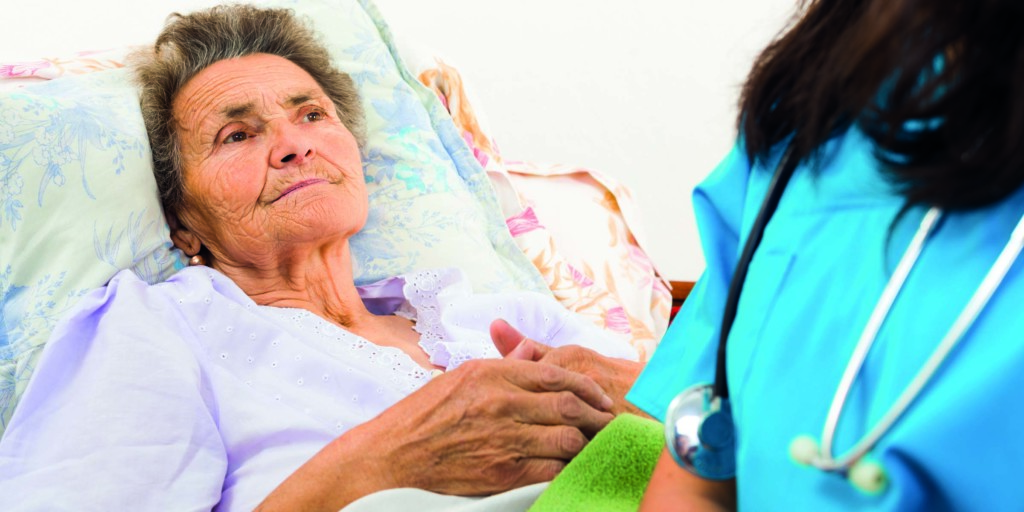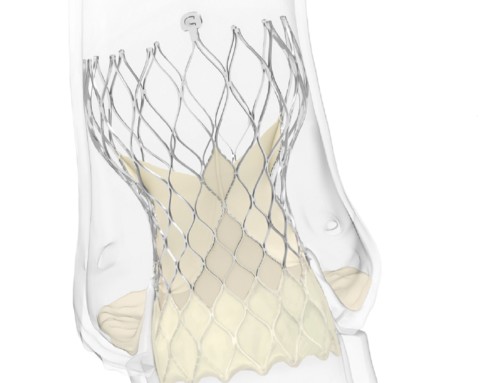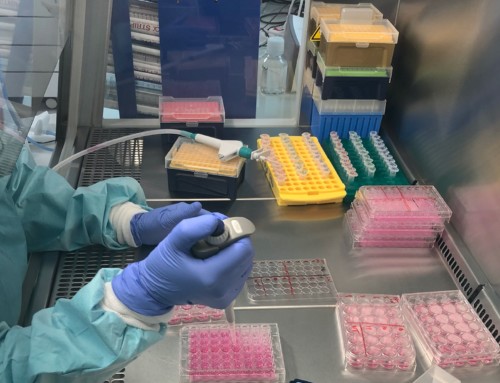
Alucent Biomedical has received FDA approval to proceed with a phase 1 clinical trial to evaluate the safety and efficacy of its revolutionary Natural Vascular Scaffolding (NVS) technology. The therapy is designed to treat peripheral arterial disease of the lower extremities. The Alucent NVS vessel restoration system with photoactivated linking combines standard angioplasty with linking of the structural proteins in the wall of a blood vessel
The intervention is designed to deliver immediate restoration of the vessel’s lumen and sustained improvement of blood flow, without the introduction of a foreign implant, such as a metallic stent, into the patient’s body. Because there is no rigid foreign material, the arterial wall has the potential to retain its natural functionality and flexibility, and avoid the complications of permanent stents. Alucent NVS photoactivated linking is also designed to mitigate the well-known adverse effects of angioplasty, such as vessel recoil. Sustained, improved blood flow is expected to result in pain relief, limb preservation and an improved quality of life for patients.
Krishna Rocha-Singh (HSHS St John’s Prairie Heart Institute, Springfield, IL, USA, chief medical advisor of Alucent Biomedical, comments: “Alucent NVS is a novel and disruptive medical therapy that may promote better clinical outcomes in patients with symptomatic femoropopliteal atherosclerosis without the use of a metallic implant. Moreover, given the novel nature of this therapy, which in animal models was able to restore vessel wall architecture, it has the potential to dramatically improve quality of life in patients with peripheral arterial disease.”
Myles Greenberg, Alucent’s CEO, says: “FDA approval to commence human clinical testing allows us to move this revolutionary therapy into peripheral arterial disease patients, many of whom are in acute need of a better and more durable alternative to currently available treatments.”
Preclinical testing of NVS in animal studies has shown acute and long-term safety and patency without the pro-inflammatory and mechanical risks of placing a rigid foreign implant into the blood vessel.
Enrolment for the Phase 1 clinical trial is expected to begin in Q1 2020. Up to 15 patients will be enrolled across five research sites, including the Cardiovascular Institute of the South in Houma, USA, and the Wellmont Hollston Valley Medical Center in Kingsport, USA.





